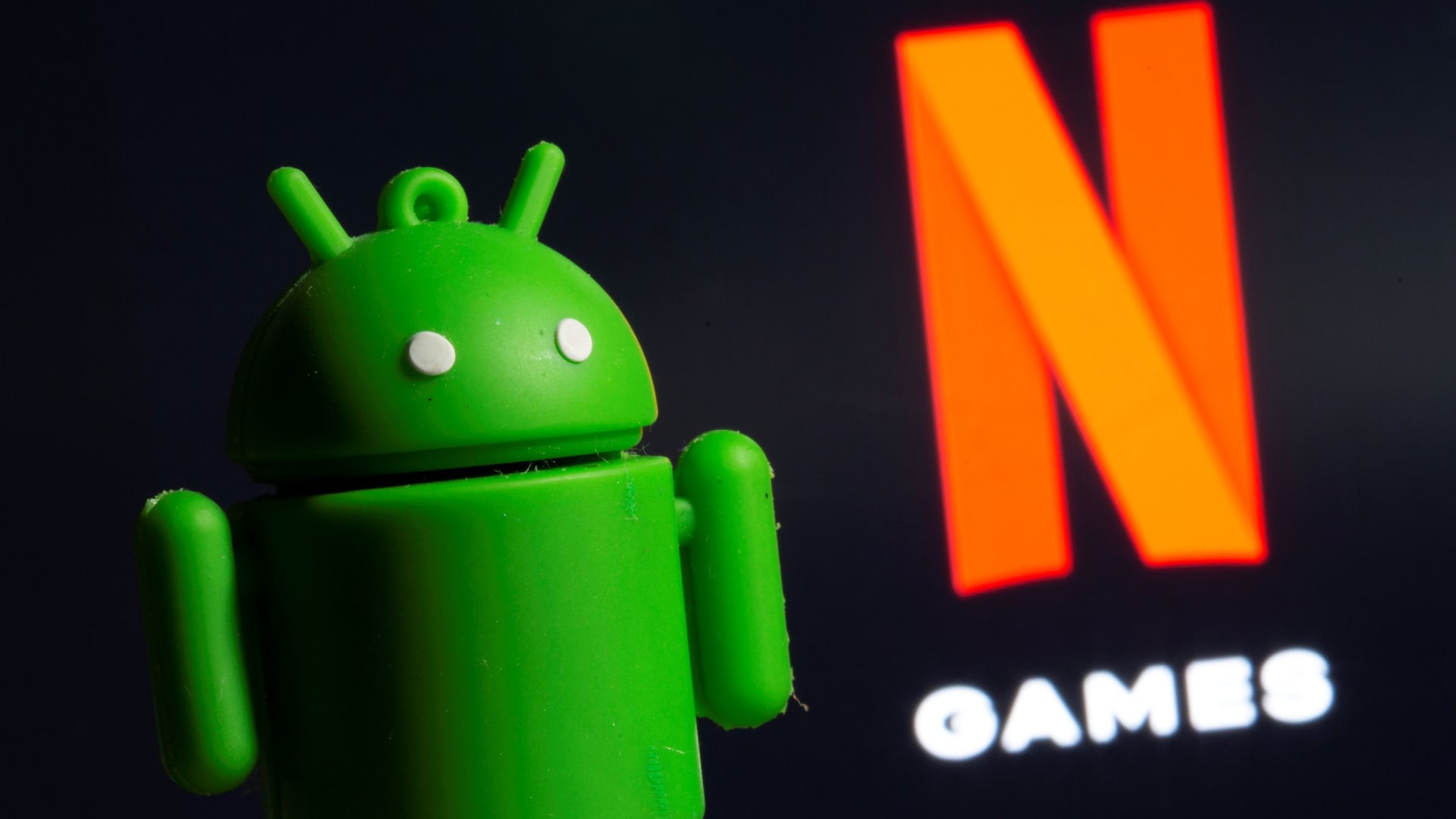Netflix is expanding its push into video games, but few subscribers are playing along

Netflix is accelerating its push into video games with plans to double its catalog of offerings by the end of the year, but for now, few of the streaming giant’s subscribers are playing.
Since last November, the company has been rolling out the games as a way to keep users engaged between show releases. The games are accessible only to subscribers, but have to be downloaded as separate apps.
The games have been downloaded a total of 23.3 million times and average 1.7 million daily users, according to Apptopia, an app analytics company. That’s less than 1% of Netflix’s 221 million subscribers.
The importance of games to Netflix’s overall strategy has arguably increased in recent months as the company faces intensifying competition for user attention. In the second quarter, Netflix lost nearly a million subscribers, after losing 200,000 subscribers during the first quarter — its first subscriber declines in more than a decade.
In a letter to shareholders last year, Netflix named Epic Games and TikTok as among its biggest rivals for people’s time.
“One of the many advantages to Netflix in pursuing the strategy is the ability to drive engagement beyond when the show first comes out on the platform,” Prosek Partners analyst Tom Forte said.
Still, Netflix Chief Operating Officer Greg Peters said last year the company was “many months and really, frankly, years” into learning how games can keep customers on the service.
“We’re going to be experimental and try a bunch of things,” Peters said during the company’s fourth-quarter earnings conference call. “But I would say the eyes that we have on the long-term prize really center more around our ability to create properties that are connected to the universes, the characters, the stories that we’re building.”
The company’s current catalog of 24 game apps covers a variety of genres and Netflix shows, such as “Stranger Things: 1984.” Several are modeled after popular card games, such as “Mahjong Solitaire” and “Exploding Kittens.”
The catalog will grow to 50 games by the end of the year, including “Queen’s Gambit Chess,” based on the hit Netflix series, according a company representative.
Intentionally vague
Netflix has been cagey about how it plans to make video gaming a core part of the company’s strategy, rather than merely a side hobby.
“We’re still intentionally keeping things a little bit quiet because we’re still learning and experimenting and trying to figure out what things are going to actually resonate with our members, what games people want to play,” Leanne Loombe, Netflix’s head of external games, said during a panel at the Tribeca Film Festival in June.
Netflix hinted earlier this year that it will license popular intellectual property for its new gaming additions.
“We’re open to licensing, accessing large game IP that people will recognize,” Peters said in January. “And I think you will see some of that happen over the year to come.”
Netflix tapped outside developers for its current catalog, but has acquired three video game developers in the past year.
All of that adds up to growing investment. Netflix hasn’t disclosed how much it’s spending to develop its video game segment, but the efforts are capital-intensive. Netflix’s acquisition of Finnish developer Next Games cost the streamer about $72 million.
Forrester analyst Mike Proulx noted that Netflix has been investing in gaming slowly, and that it still appears to be what he would consider “more of a test and experiment at this stage.” He noted that most people don’t associate Netflix with games.
So far, download figures for Netflix games fall far short of the leading mobile games — Subway Surfers, Roblox and Among Us, for a few — which each have more than 100 million downloads, according to Apptopia. Still, downloads have slowly climbed since May, after a downward trend that started in December.
“We’ve got to please our members by having the absolute best in the category,” Netflix co-CEO and co-founder Reed Hastings said in January. “We have to be differentially great at it. There’s no point of just being in it.”




